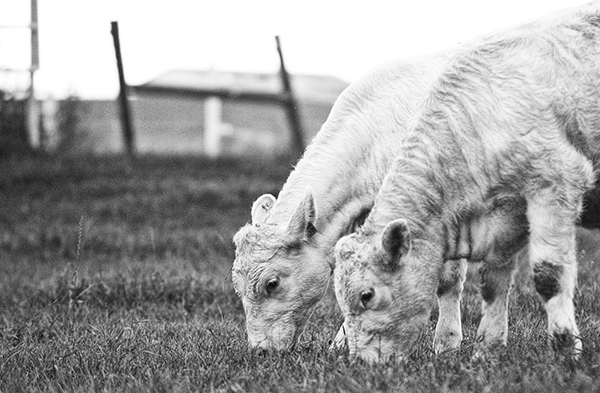
Frequently Asked Questions
Trans Ova Genetics Advanced Technologies (TOGAT)
Our FAQs are designed to guide you in evaluating your need to preserve the genetics of an elite animal and exploring how Trans Ova Genetics Advanced Technologies can meet that need. These questions, along with their answers, provide a solid foundation for finding the right solution.
Why do livestock breeders use cloning technology?
- Duplicate valuable animals: Cloning helps progressive producers replicate animals with the highest value in their herds, promoting efficient, healthier livestock and higher-quality food production.
- Replace lost animals: Breeders can replace animals lost prematurely due to death or injury.
- Extend elite genetics: Cloning increases the genetic influence of exceptional animals by enabling higher embryo or semen production through multiple clones.
- Preserve castrated male genetics: Superior castrated males (steers, geldings, barrows, wethers) can be cloned to produce intact males for breeding, preserving valuable genotypes.
How can I preserve the genetics of my most elite animal indefinitely?
- Genetic Preservation (GP): A tissue sample from the donor animal’s ear is cultured into a cell line and cryopreserved for future use in cloning.
- Express Tissue Bank (ETB): A cost-effective alternative where the tissue sample is frozen as-is. If cloning is pursued later, the tissue is cultured into a GP.
What is a cloned animal?
- A cloned animal is a genetic twin to an existing animal, just born at a later place in time.
How does the cloning process work?
- Cloning explained: Cloning refers to somatic cell nuclear transfer (SCNT).
- Cells from the donor tissue sample are fused with an enucleated oocyte (an egg cell with the nucleus removed) through electrofusion.
- The resulting embryos are cultured for one week and transferred to recipient mothers.
- The first mammal produced via SCNT was Dolly the sheep in 1996.
Does the animal I produce using cloning technology have the same DNA as the genetic donor?
- Yes, the cloned animal carries a nuclear genome identical to the genetic donor. Breed registry DNA genotypes and genomic evaluations will match the donor exactly.
How long has TOGAT been cloning livestock?
- Trans Ova Genetics has 45 years of experience in advanced reproductive technologies and over 25 years of experience in cloning.
- Today, the company provides cloning services for cattle, pigs, goats, sheep, deer, and genetic preservation for exotic species.
What special care does TOGAT provide to cloned animals?
- Cloning at Trans Ova is part of a tailored genetic advancement program.
- A professional team ensures the best care for cloned animals throughout the process, aligning with each client’s specific goals.
Does food from cloned animals and their offspring have to be labeled?
- According to the FDA’s 2008 Final Risk Assessment, food from cloned animals and their offspring is safe and does not require special labeling.
- Offspring of cloned animals are conventionally bred and are not clones themselves.
If I am ready to move forward with a Genetic Preservation, Express Tissue Bank, or cloned animal request how do I proceed?
- Place an order: Call 712.441.3193 to contact Advanced Technologies Sales and Marketing Manager Diane Broek or reach out to your Trans Ova Genetics customer service representative at any TOG location.
- Ask your client service representative about a special discount if the tissue sample is taken while a donor is at a TOG facility for ET or IVF work!
